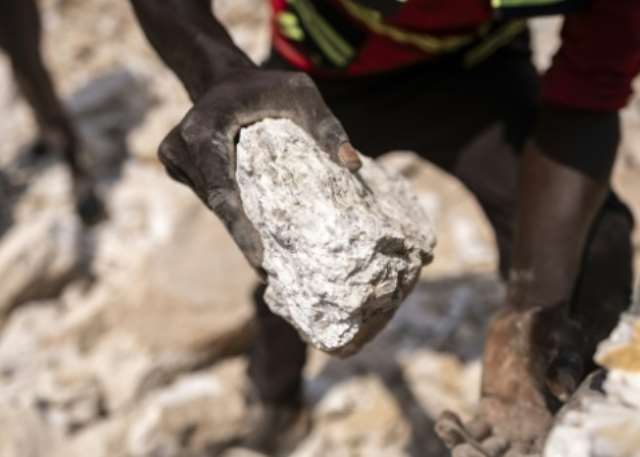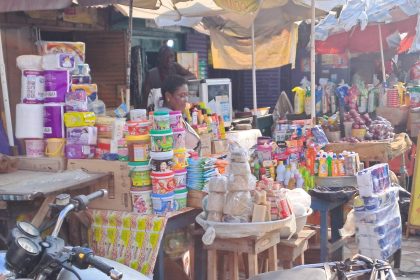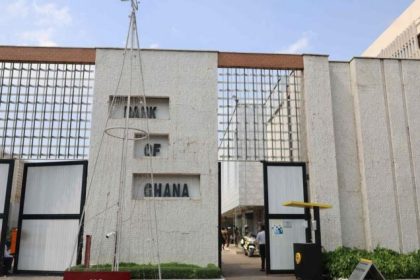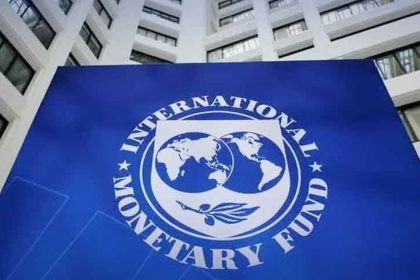Ghana is positioning itself to move beyond mere extraction of lithium and instead capture more value from the global surge in demand for the metal, which is vital to electric vehicle batteries, energy storage and the green-economy transition.
The push comes as the country’s first large lithium mining lease approaches ratification, and as policymakers and civil society warn that without decisive action, Ghana risks repeating the pattern of limited benefit seen in its gold sector.
Lithium is no longer a niche mining commodity. As the global shift toward electrification and renewable energy accelerates, the metal has become essential for battery technologies, grid storage and myriad high-tech applications.
Analysts say countries that refine and process lithium—not just export raw ore—will obtain outsized strategic advantage in the clean-energy transition. Ghana, with known lithium-bearing deposits such as the Ewoyaa Lithium Project in the Central Region, recognises the opportunity.
To ensure that Ghana benefits meaningfully, several reforms and policy moves are underway. The government has updated its Green Minerals Policy, which explicitly calls for value-addition and local processing of “critical minerals” such as lithium.
As part of this policy, it is pressing for greater state equity in lithium operations and starting steps to ensure downstream industries—and not just raw-extraction—are developed domestically. Analysts argue that to capture the full value chain, Ghana must secure equity stakes of 40 %-70 % in large-scale lithium operations, establish a state-led coordinating company, mandate local refining and enforce community-benefit frameworks.
The pioneering lease for the Ewoyaa project was signed in 2023 with Barari DV Ghana Limited (a subsidiary of Atlantic Lithium Limited). However, Parliament has yet to ratify the agreement, a delay which some say is holding back full investment and puts the project at risk given global lithium-price volatility.
According to publicly available information, the deal grants Ghana a free carried interest—meaning state equity without upfront cost—and other fiscal terms. Civil-society organisations and experts have urged Parliament to review the deal particularly in respect of value-addition, local processing and fiscal terms.
Despite the potential, immediate and medium-term challenges are significant. Global lithium prices have fallen sharply since their peak, raising questions about project viability if costs remain high. That has prompted the government to revisit fiscal terms in the deal to make the project more attractive while protecting Ghana’s interests.
There are also concerns about oversight and governance: whether local communities will truly benefit, whether the environmental impacts will be managed, and whether Ghana has the technical capacity and infrastructure to move beyond raw ore exports. Observers note that unless Ghana enforces its policy ambition of “no raw export” of lithium without local beneficiation, the country may fall short of its industrial goals.
For Ghana, capturing more value from lithium affects more than just mining revenues.
It ties into industrialisation, employment, technological development, export diversification and national sovereignty over strategic resources.
In the past, gold mining in Ghana has largely benefited foreign firms, with limited downstream processing and local linkages. The hope now is that lithium offers a chance to rewrite that narrative. But realisation of that hope depends on effective policy, strong institutions and bold partnerships.
The coming months will be critical. Key indicators include whether Parliament ratifies the mining lease for Ewoyaa, whether contracts and policies embed local-refining obligations, whether a Ghanaian state stake is secured and whether community development and environmental safeguards are properly enforced.
If these elements fall into place, Ghana could position itself as a meaningful player in the global lithium value chain. If not, the country may risk being a mere supplier of raw ore while value and jobs flow elsewhere.






